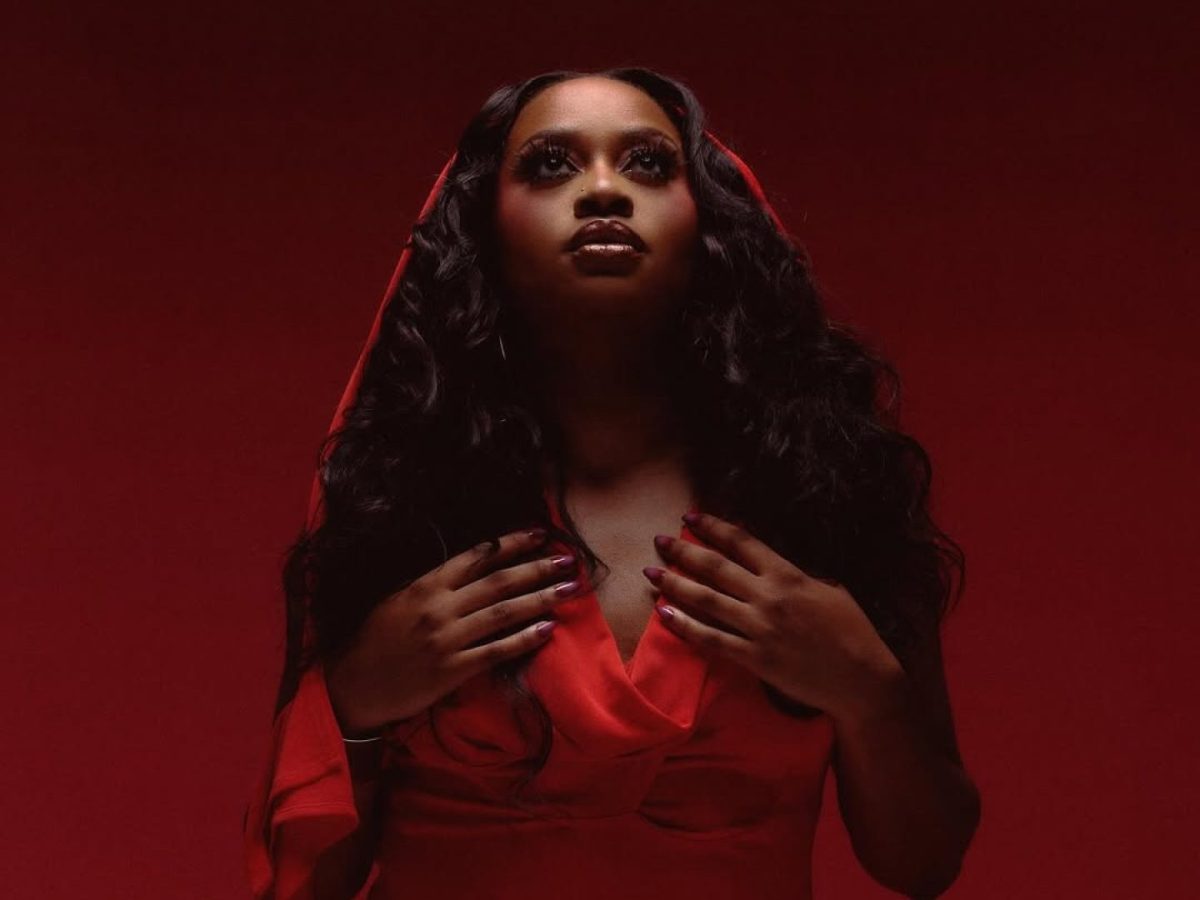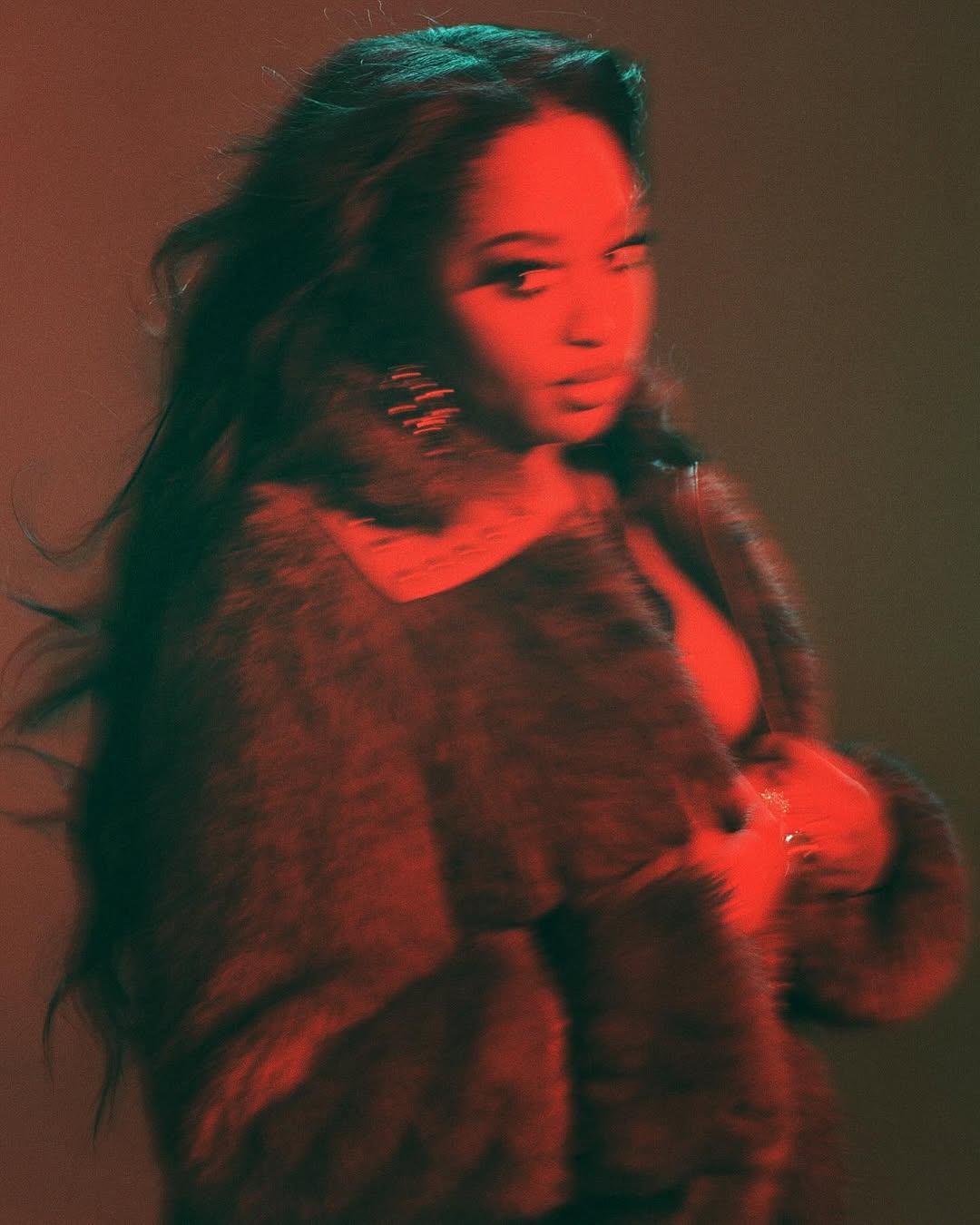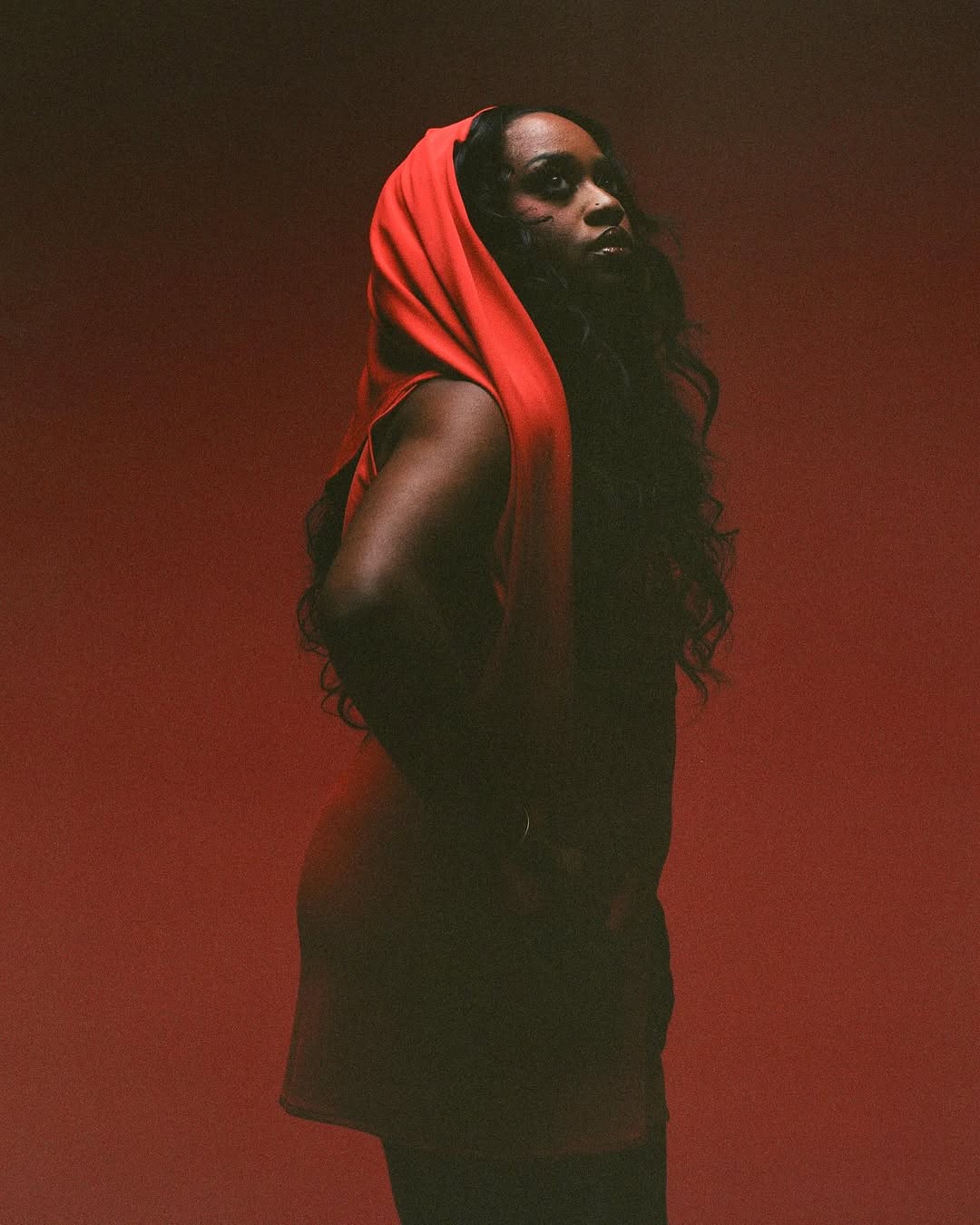
The musician known mononymously as Ayoni describes her singing not with the clinical detachment of a career planner, but with the profound clarity of someone who always knew her path. “I was three or four, and I just loved to sing,” she recalls. “I don’t know why I thought I would be a singer. I just felt like that was what I was supposed to do.” This innate conviction has guided her journey from her home in Barbados to the vibrant musical landscape of Los Angeles, from unassuming middle school talent shows to the recent release of her debut album, Isola.
The album itself is a luminous, introspective journey, a shimmering exploration of love, loss, and the essential self discovery that often blossoms in periods of isolation. The title, as Ayoni explains, is derived from the Italian word for “island.” “It represents my own space, musically, in my life, in my world,” she says. “The album is about becoming, about finding yourself through your early twenties.”
Yet, the week of Isola’s release brought an unanticipated and stark twist to her professional narrative. “The week I released this album, I got dropped from my label,” she shares, the statement delivered with a striking, matter of fact calm. Her public revelation of this moment, shared in a recent video on the social media platform TikTok, rapidly garnered significant attention and views. “I think people appreciate seeing artists behind the veil,” she notes. “It wasn’t about bashing the label, it was just me asking, how do I cut through in a super oversaturated digital landscape?”

Ayoni’s story resonates deeply, acting as a mirror reflecting the contemporary artist’s profound dilemma. In a new era where musicians must operate as their own cohesive brands, expert curators of their image, and tireless content creators, the pursuit of authentic art has become inextricably tangled with the exhausting pursuit of digital visibility. Her profound honesty cuts cleanly through the prevailing industry noise, unveiling the true emotional and psychological cost that underpins the constant, necessary push to remain relevant and seen.
“The music industry forever has teeth,” Ayoni states, her voice retaining a calm certainty. “It’s very misogynistic, it’s colorist, and it’s a tough place to be a queer Black woman. But at the end of the day, what are you going to do? You keep making music.” This deep current of resilience flows throughout Isola, particularly on the standout track “It Is What It Is,” where she addresses the painful reality of industry betrayal with frank candor. Despite the challenges she has faced, and as she processes what she refers to as “the illusion” of label life, Ayoni’s forward looking optimism for the future feels strikingly radical and necessary. “The landscape is changing so fast,” she says.
“Since I released my first project in 2019, everything’s shifted. Back then, TikTok wasn’t even part of the equation. Now, it’s everything. The conversation is metrics, data, and content. It’s amazing and devastating at the same time.” Ayoni does not express resentment for the industry’s shift; she simply refuses to permit the commercial game to dictate or define her art. “Nowadays, labels only want to invest in what’s already moving,” she observes. “And that means for artists who create for art’s sake, it can feel impossible. But I think we’re in a moment of rebirth. Independence is the only model that makes sense anymore.”

As she embraces the full scope of that independence, Ayoni is consciously learning to trust and embrace the rhythm of her own innate pace. “I realized how much expectation there is on artists to market, and how little support there is for it,” she reflects. She admits that she is finding a new kind of enjoyment in this process today and feels profoundly encouraged to continue sharing vulnerable, authentic work. “As crazy as it is, the second I heard that I was getting released from my deal, I thought, ‘Well, this is going to be a really great story.’” She continues, “I think it just adds so much perspective, and hopefully just shows people the tenacity and perseverance it requires to be here.”
For Ayoni, the immediate next chapter is focused entirely on alignment and community. “I want Isola to reach the people it was meant to reach,” she says. “I want to build a community around my music, find other like minded creatives, and see how far I can go independently.” In a world that persistently insists on measuring the worth of art by its fleeting virality, Ayoni’s unwavering insistence on crafting deeply meaningful music feels like a genuinely rebellious and hopeful act. Perhaps, that pure, uncompromised sound is precisely what true artistic independence sounds like.